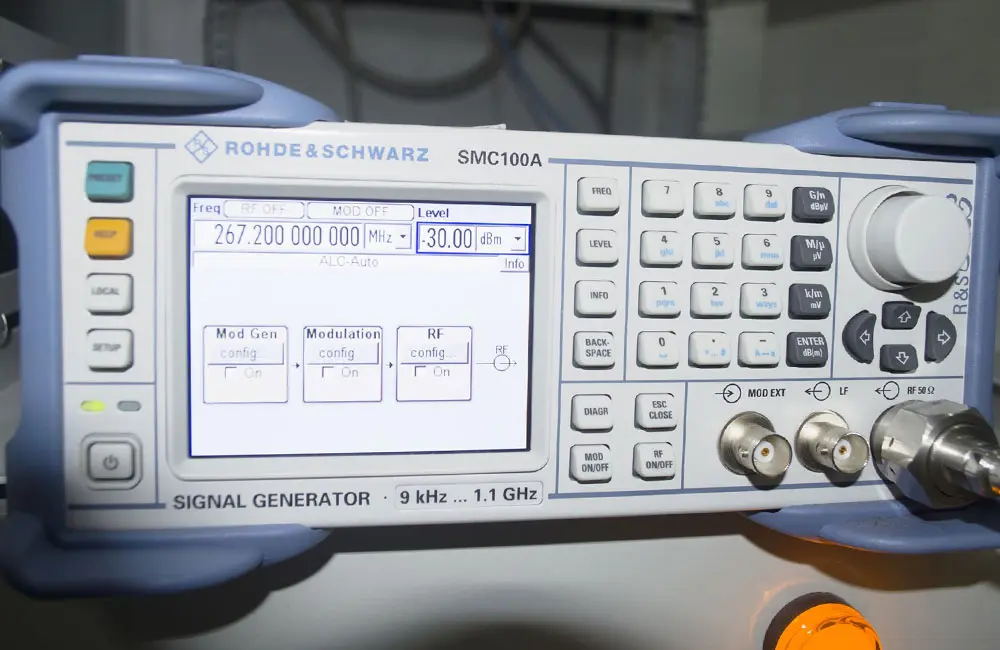
What is the EN 17128 Testing Standard?
The en 17128:2020 standard was developed by the Technical Committee CEN/TC 354, with its secretariat held by the French Standards Association (AFNOR). The drafting of the document was also managed by AFNOR. This standard was published on October 21, 2020, and came into effect on April 30, 2021. Personal Light Electric Vehicles (PLEVs) sold in Europe must comply with the EN 17128:2020 requirements and be affixed with the ce mark.

Scope of EN 17128:2020
Applies to:
1. Personal Light Electric Vehicles (PLEVs) with or without self-balancing systems.
2. PLEVs fULly or partially poweRED by independent power sources (battery voltage ≤ 100 VDC).
3. PLEVs with or without integrated battery chargers (input ≤ 240 VAC).
4. Electric scooters and self-balancing vehicles with a maximum speed of 25 km/h.
Does NOT apply to:
1. Vehicles classified as toys.
2. Vehicles with seats and without self-balancing systems.
3. Vehicles used for competition; Electrically Power Assisted Cycles (EPACs).
4. Vehicles for medical use.
5. Vehicles with a speed exceeding 25 km/h.
6. Vehicles with rated voltage exceeding 100 VDC (battery) or 240 VAC (charger).
7. Autonomous vehicles.
Relevant Standards for Electric Bicycles in the European Market
- EN 15194
- EN 50604-1 (for PLEV batteries)
- EN 62133-2 (for portable or auxiliary system batteries)
- 2014/30/EU for EMC
- 2011/65/EU for ROHS certification
- 2014/53/EU (RED) — if radio technology is used
- Machinery Directive 2006/42/EC for product safety
- ISO 4210 for electric bicycles
How to Ensure Electric Scooters Comply with EN 17128?
1. Electrical Safety
Companies must ensure that the scooter’s electrical system complies with relevant safety standards, such as the use of safe wiring, plugs, and a battery management system.
2. Mechanical Safety
Companies must ensure that the scooter’s mechanical structure, including the frame and braking system, meets applicable mechanical safety standards.
3. Quality Requirements
Companies must use materials and manufacturing processes that meet quality standards, ensuring durability and consistent product performance.
4. Environmental Requirements
Companies must ensure compliance with environmental standards, including battery recycling and disposal, and noise control.
Email:hello@jjrlab.com
Write your message here and send it to us
 EMC Item – Introduction to Radiated Emission Test
EMC Item – Introduction to Radiated Emission Test
 IEC 62471 Photobiological Safety of Lamps and Lamp
IEC 62471 Photobiological Safety of Lamps and Lamp
 New European Toy Standard EN 71-1:2026
New European Toy Standard EN 71-1:2026
 EN71 Series Standards Compliance February 13, 2026
EN71 Series Standards Compliance February 13, 2026
 European Toy Safety Standard EN 71-20:2025
European Toy Safety Standard EN 71-20:2025
 EN 18031 Certification for Connected Devices on Am
EN 18031 Certification for Connected Devices on Am
 Compliance Guide for Portable Batteries on Amazon
Compliance Guide for Portable Batteries on Amazon
 2026 EU SVHC Candidate List (253 Substances)
2026 EU SVHC Candidate List (253 Substances)
Leave us a message
24-hour online customer service at any time to respond, so that you worry!




